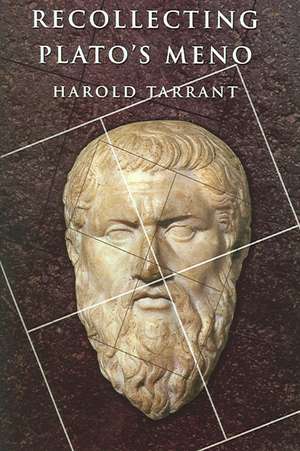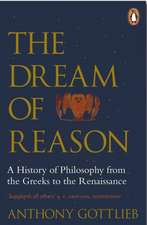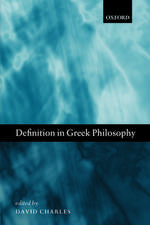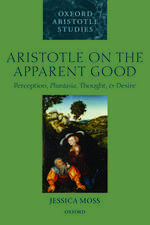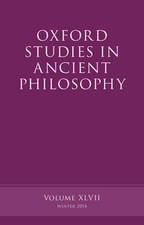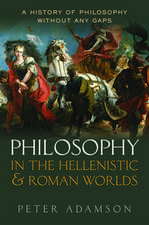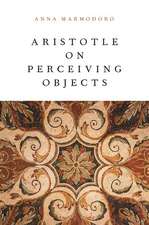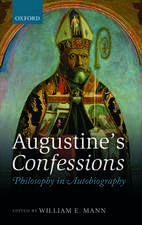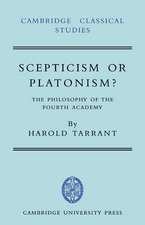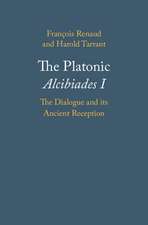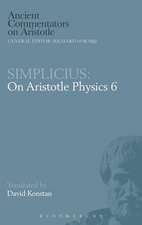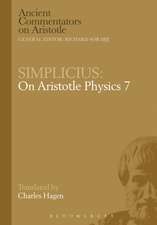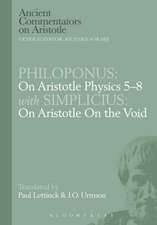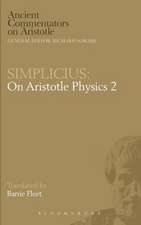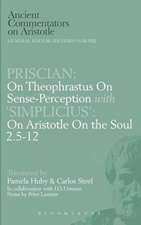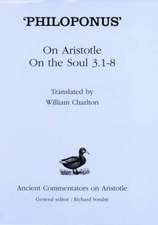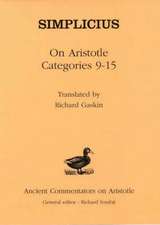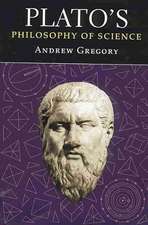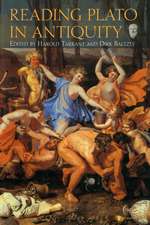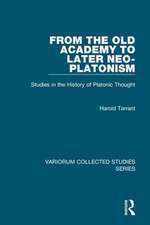Recollecting Plato's Meno
Autor Harold Tarranten Limba Engleză Hardback – iun 2005
Preț: 948.75 lei
Preț vechi: 1282.26 lei
-26% Nou
Puncte Express: 1423
Preț estimativ în valută:
181.57€ • 188.86$ • 149.89£
181.57€ • 188.86$ • 149.89£
Carte tipărită la comandă
Livrare economică 15-29 aprilie
Preluare comenzi: 021 569.72.76
Specificații
ISBN-13: 9780715632918
ISBN-10: 0715632914
Pagini: 240
Dimensiuni: 165 x 240 x 25 mm
Greutate: 0.5 kg
Editura: Bloomsbury Publishing
Colecția Bristol Classical Press
Locul publicării:London, United Kingdom
ISBN-10: 0715632914
Pagini: 240
Dimensiuni: 165 x 240 x 25 mm
Greutate: 0.5 kg
Editura: Bloomsbury Publishing
Colecția Bristol Classical Press
Locul publicării:London, United Kingdom
Notă biografică
Harold Tarrant is Professor of Classics and Head of the School of Liberal Arts, University of Newcastle, Australia. He is the author of several books, including Thrasyllan Platonism (1993) and Plato's First Interpreters (2000).
Descriere
Plato's Meno is a dynamic and entertaining examination of the nature and origin of the kind of excellence displayed by successful Greek leaders. That such excellence existed was difficult to deny, but people expected to show it often disappointed, and others expected to know about it seemed confused.
